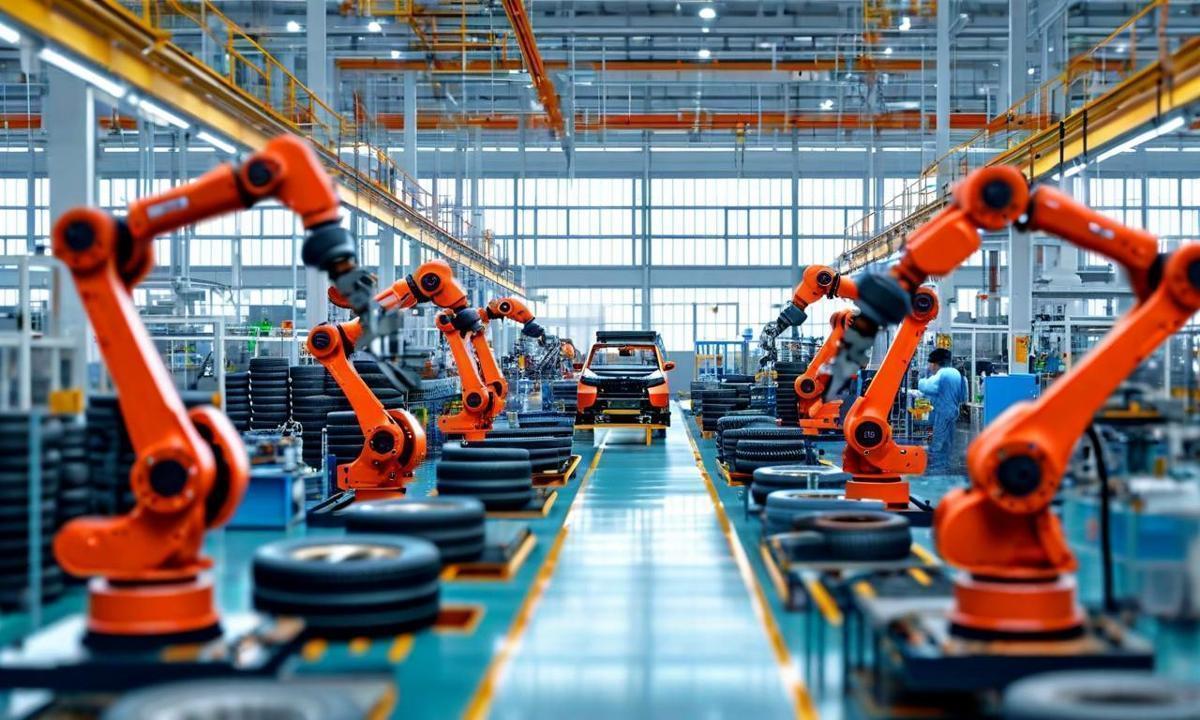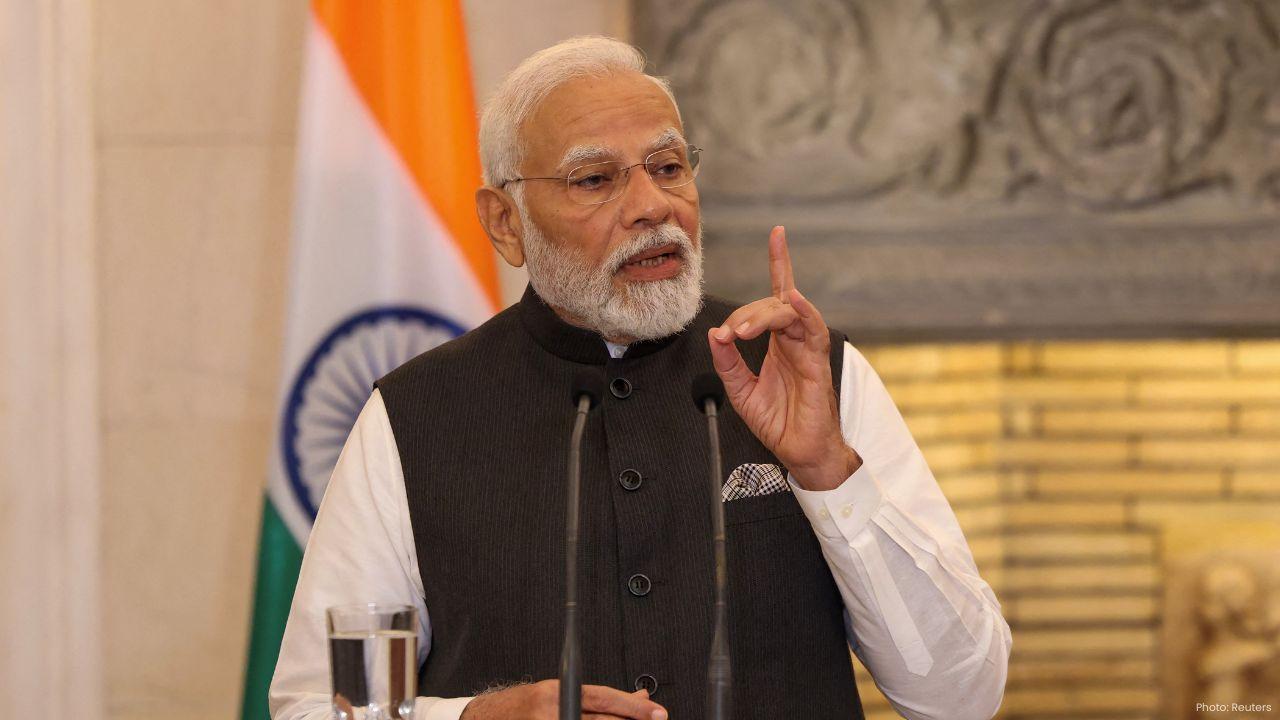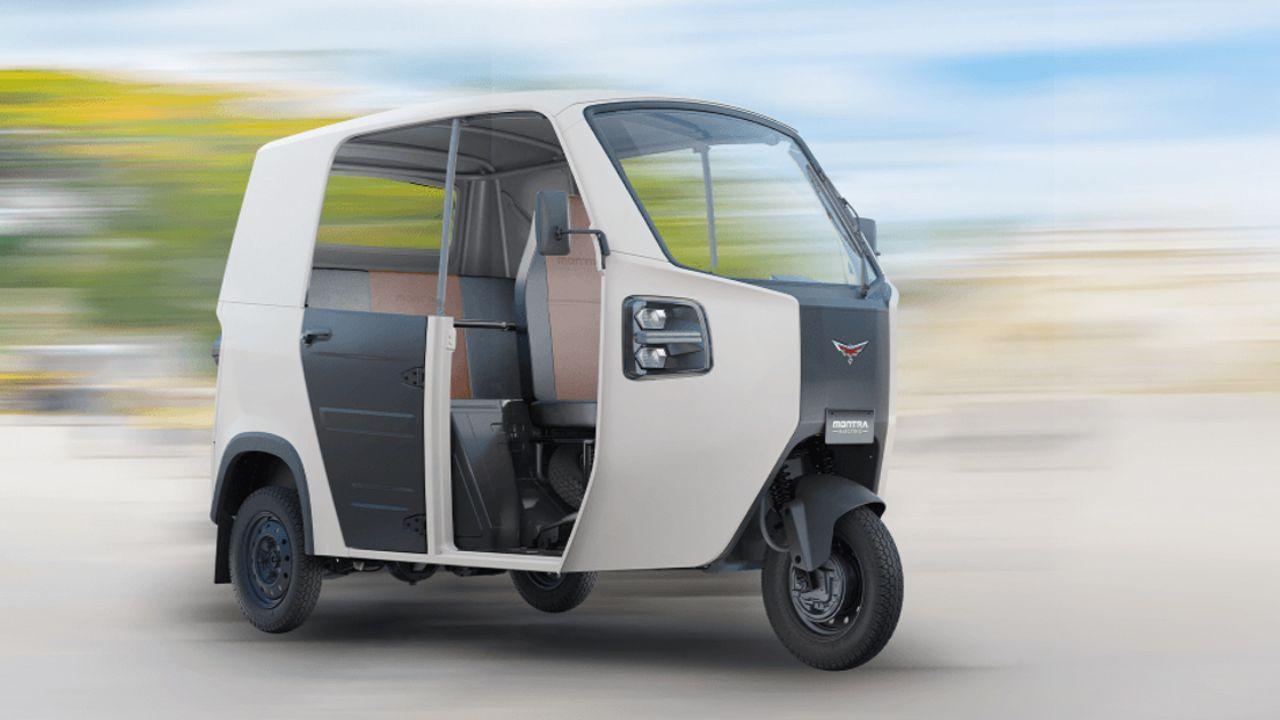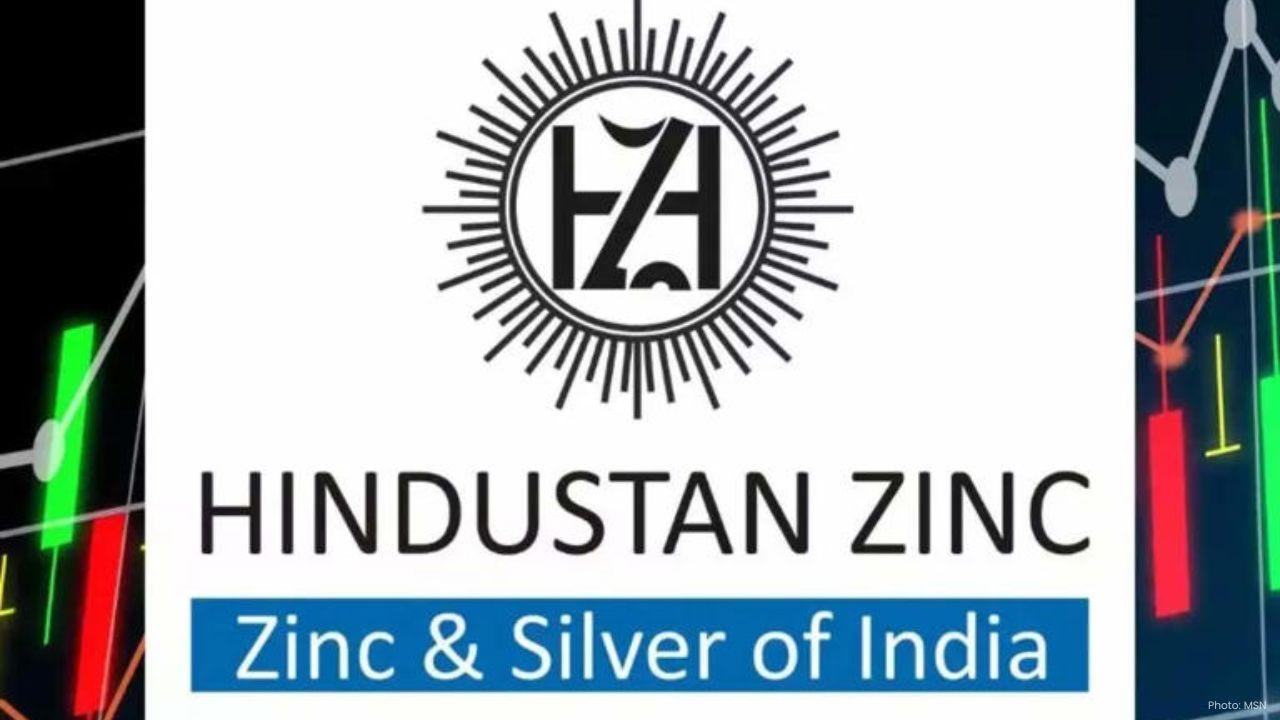
Post by : Shivani
FIIs (Foreign Institutional Investors) have injected a massive ₹4,500 crore into Indian auto stocks over the past week following significant GST rate cuts on select vehicles. This surge in investment has sparked a sharp rally in auto sector shares, reviving investor sentiment and reflecting renewed optimism about India’s economic recovery.
The recent reduction in GST (Goods and Services Tax) rates — particularly on two-wheelers and small passenger cars — has made auto products more affordable, spurring demand. This policy move, coupled with improving macroeconomic indicators, has encouraged global investors to increase their exposure to India’s high-potential automobile sector.
According to data from market exchanges, stocks such as Maruti Suzuki, Tata Motors, Hero MotoCorp, and Mahindra & Mahindra saw record inflows. FIIs, who had been net sellers in the Indian equity market during recent months, reversed their stance with strong buying across NSE and BSE-listed auto counters. Maruti Suzuki alone saw over ₹1,000 crore in FII investments last week, driven by optimistic forecasts of a pickup in rural demand and favorable export figures.
Analysts attribute this sudden uptick to more than just tax cuts. The government’s commitment to manufacturing incentives under the PLI (Production-Linked Incentive) scheme and growing EV (Electric Vehicle) adoption are factors that are redefining the future of India's automotive industry.
Moreover, retail investors have mirrored this confidence. Auto-focused mutual funds have seen increased SIP (Systematic Investment Plan) inflows, and day-trading volumes in auto shares have spiked by over 30% since the start of September. Domestic institutions are also actively participating, but it's the foreign capital that’s making the headlines due to its sheer scale.
Market strategist Anirudh Mehta of BSE-listed brokerage house Axis Ventures noted, “The ₹4,500 crore FII investment in auto stocks is the largest weekly inflow in the auto sector in 2025. This signals that institutional investors are repositioning their portfolios to benefit from India’s consumption recovery.”
Auto stocks have been on a strong upward trajectory post the GST rate announcements. Tata Motors surged 8% in just five trading sessions, Mahindra & Mahindra gained 6%, while two-wheeler majors like Bajaj Auto and TVS Motor added 5–6%. This rally has added over ₹45,000 crore in market capitalization to the Nifty Auto Index, which hit a new 52-week high.
Importantly, this boost comes at a time when the broader market had shown signs of fatigue. FIIs had been net sellers in other sectors like IT and FMCG, but their bullishness on autos appears to be sector-specific — rooted in a mix of macro stimulus, policy reforms, and domestic demand revival.
The GST Council's decision to cut tax rates on certain vehicle categories was aimed at catalyzing demand ahead of the festive season. Lowering the GST from 28% to 18% on entry-level and electric vehicles is already having a tangible effect on showroom bookings and retail sales. Industry insiders say this is likely to translate into a strong Q3 for most automakers.
This comes at a crucial time when Indian exports are also stabilizing. With increased production efficiency and global demand recovering post-pandemic, Indian auto manufacturers are seeing stronger international orders. EV exports, in particular, are expected to double by 2026 — a trend being closely monitored by global investors.
In addition, the government’s EV policy, which includes subsidies for electric vehicles and a growing charging infrastructure push, is reshaping the industry. Auto companies that have strong EV roadmaps — like Tata Motors and M&M — are receiving special attention from investors looking for long-term sustainability plays.
The sharp movement in the Indian auto stock segment is also being linked to broader global investment trends. Many fund managers, particularly from Europe and the U.S., are betting on Asia as a hedge against Western economic slowdowns. India, with its large population, strong fiscal indicators, and growing middle class, continues to attract long-term capital.
For deeper insights into economic and policy developments in the region, platforms like armustnews.com offer comprehensive coverage of market trends, fiscal updates, and investment flows across Asia and the Middle East.
Despite the rally, experts are advising caution. Valuations for certain auto stocks have already reached peak levels, and sustained performance will depend on actual consumer uptake, inventory levels, and margin pressures over the coming quarters.
Still, the ₹4,500 crore injection into the auto space shows that institutional investors see the sector as a growth engine in the near term. With interest rates stabilizing, festival season ahead, and tax relief in play, Indian auto stocks are well-positioned to sustain their current momentum — provided macro conditions remain favorable.
In conclusion, the recent FII-driven rally in Indian auto stocks signals a shift in investor confidence, fuelled by policy tailwinds and strong consumption cues. As more global funds seek emerging market exposure, India's auto sector is once again in the spotlight — not just for its past potential, but for the road ahead.
Indian Auto Sector, FII Inflow, GST Rate Cuts, Auto Stock Rally, EV Growth, Stock Market News India, Tata Motors, Maruti Suzuki, Armust News, BSE NSE Updates










Bengaluru-Mumbai Superfast Train Approved After 30-Year Wait
Railways approves new superfast train connecting Bengaluru and Mumbai, ending a 30-year demand, easi

Canada Post Workers Strike Halts Nationwide Mail and Parcel Services
Canada Post halts operations as CUPW strike disrupts mail and parcel delivery nationwide amid disput

PM Modi Launches BSNL ‘Swadeshi’ 4G Network, 97,500 Towers Built
India enters global telecom league as PM Modi inaugurates BSNL’s indigenous 4G, connecting 26,700 vi

India’s Iconic MiG‑21 Takes Final Flight After Six Decades of Service
After 60 years India retires its MiG‑21 fighter jet, a legendary yet controversial warplane marking

Hindustan Zinc unveils AI hotspot monitoring at Debari smelter
Hindustan Zinc launches AI-powered Switchyard Hotspot Monitoring at Debari smelter to cut outages bo

Chinese experts worked inside sanctioned Russian drone plant
Chinese drone specialists visited IEMZ Kupol supplying parts and drones via intermediaries, deepenin